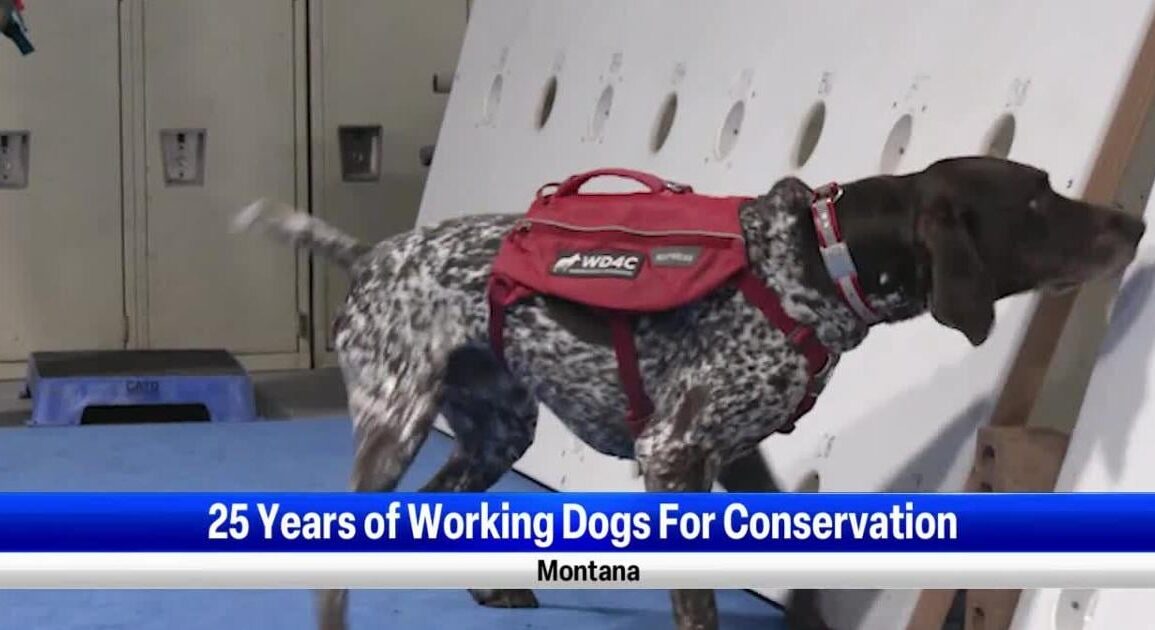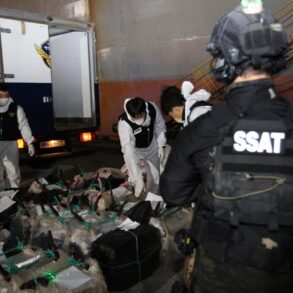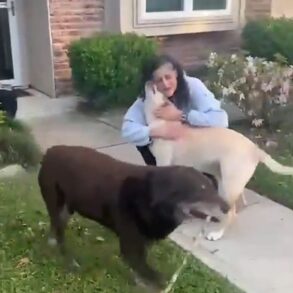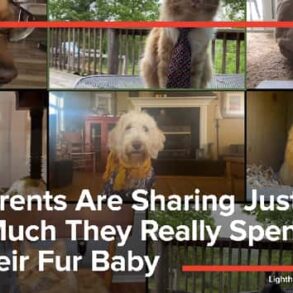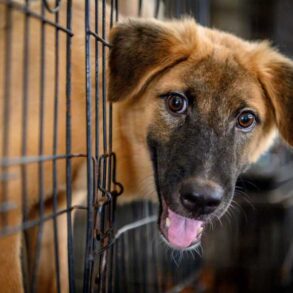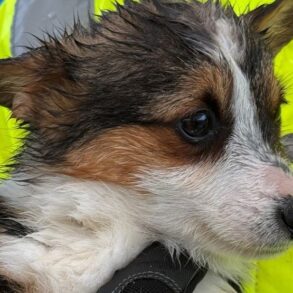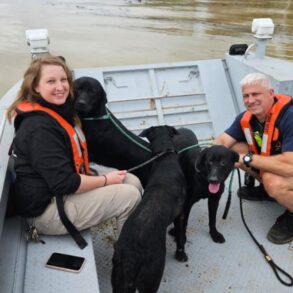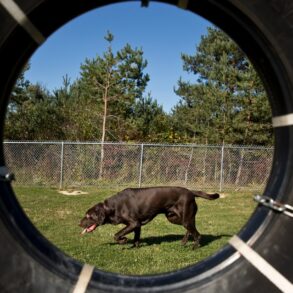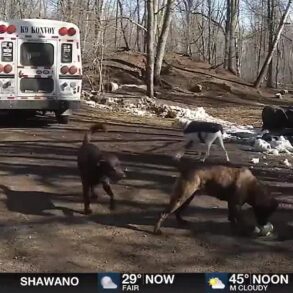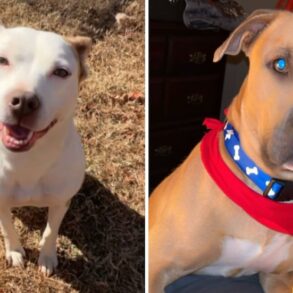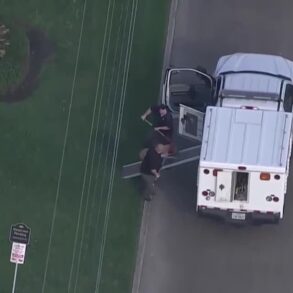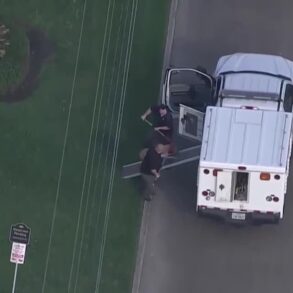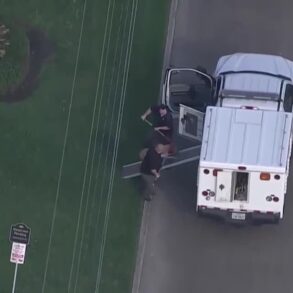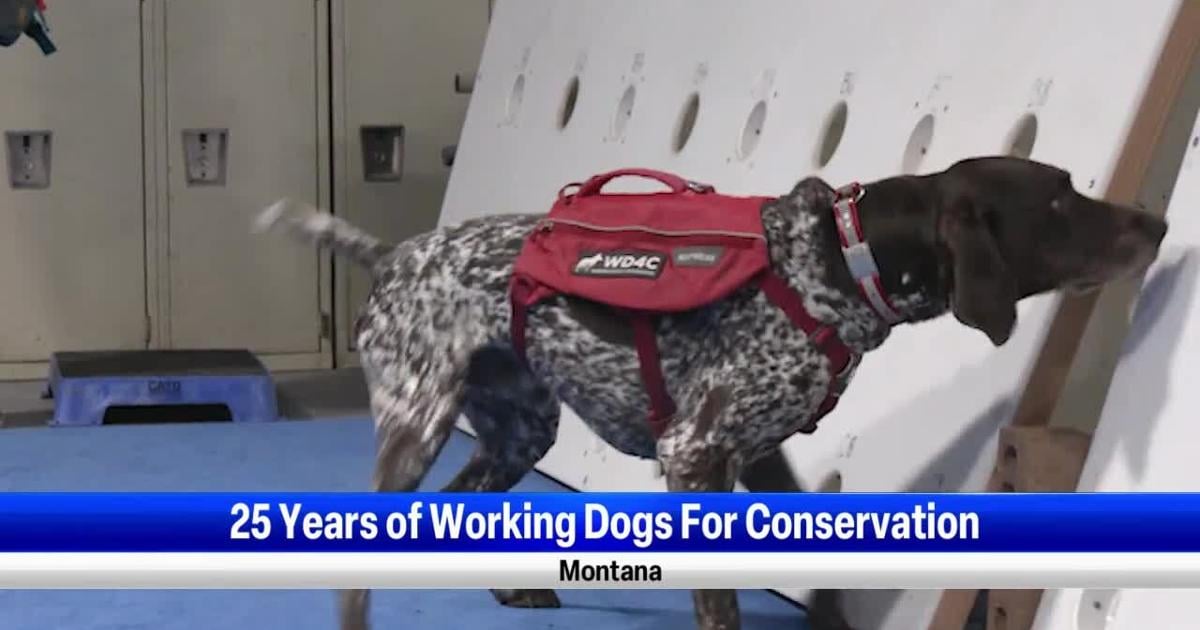
TURAH, Mont. – A nonprofit organization based in Western Montana is marking its 25th year of contributing to conservation efforts globally. Working Dogs for Conservation (WD4C) deploys trained canines to sniff out and assist with various conservation challenges.
Aimee Hurt, co-founder and director of special projects, explained the scope of their work, saying, “So that’s often threatened in endangered species or invasive species, wildlife disease, all sorts of related conservation issues.” She continued, “When they sniff that they get their toy, which they want very much, and that’s how it all comes together.”
Hurt was part of the original team that co-founded WD4C in the late 1990s. They started their work in backyards and living rooms and have grown alongside advancements in DNA science. Now, their projects are in partnership with universities, other organizations, the Department of Natural Resources and Conservation, and various task forces.
“So, we have dozens of dogs around the world that we support, in multiple different countries. We worked in 32 different states and nearly 100 different conservation targets over our last 25 years,” Hurt stated.
The training process for the dogs remains straightforward. They are taught to find a scent with a reward afterward. This process builds in complexity until the dogs are ready to work in the field. Hurt elaborated on the impact of their work, particularly in anti-poaching efforts in Africa. “With our, anti-poaching work in Africa, and they’re, you might have a single firearm that’s shared among the community for poaching some animals. And when the dogs are able to, like, find that one firearm, you’ve just saved one animal, you know, who knows how many elephants or rhinos, now are safer near that community because they don’t have access to to that firearm anymore. So a single find can can just be multiplied to, to have a big conservation impact,” she said.
WD4C mainly comprises rescue dogs. The organization is currently seeking support from non-federal partners due to challenges with federal funding. “Right now with a lot of federal funds being frozen, some denied, we’ve definitely seen that impact come, come into our work,” Hurt added. “And so we’re looking to, find other sources of funding for that or in some cases, wait it out because they’re just frozen for now. And we don’t know if those initiatives are going to go forward, or not.”
Despite these challenges, Hurt assures that their projects continue at full speed. WD4C’s human and dog teams were pioneers in this field of science, and the organization plans to launch webinars to connect with local communities and expand their reach.
For more information on Working Dogs for Conservation, visit their website at wd4c.org.
This post was originally published on this site be sure to check out more of their content.



